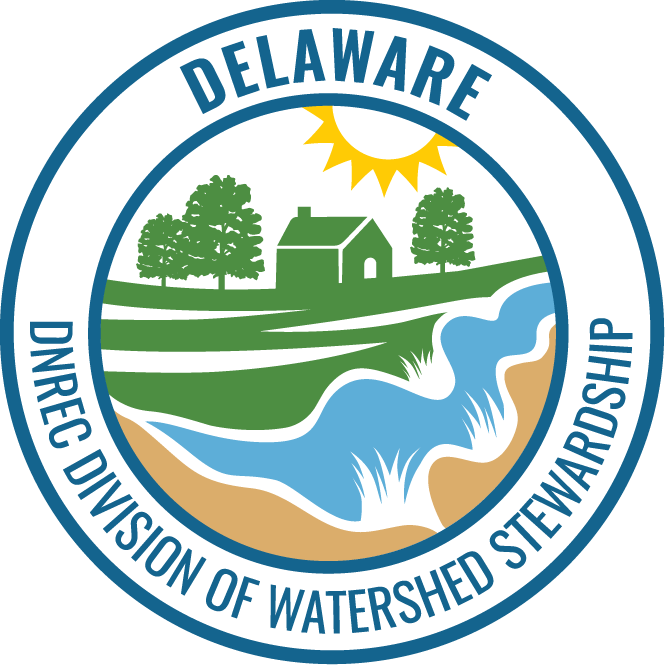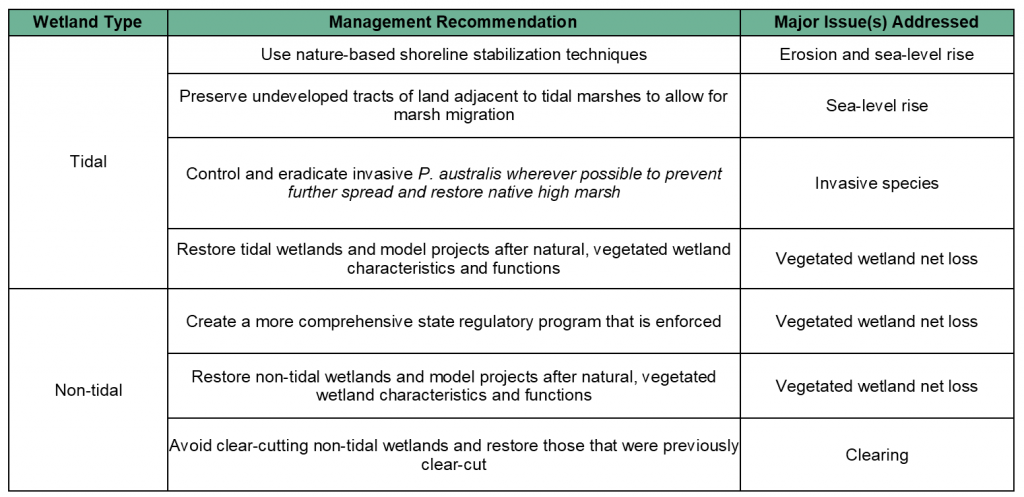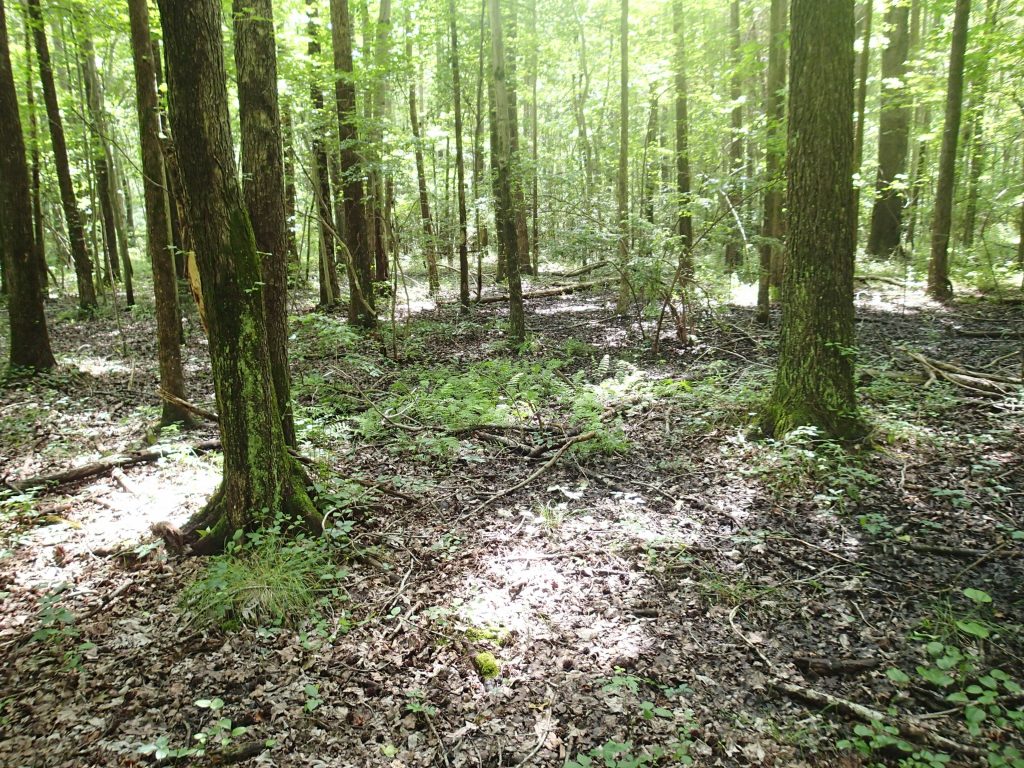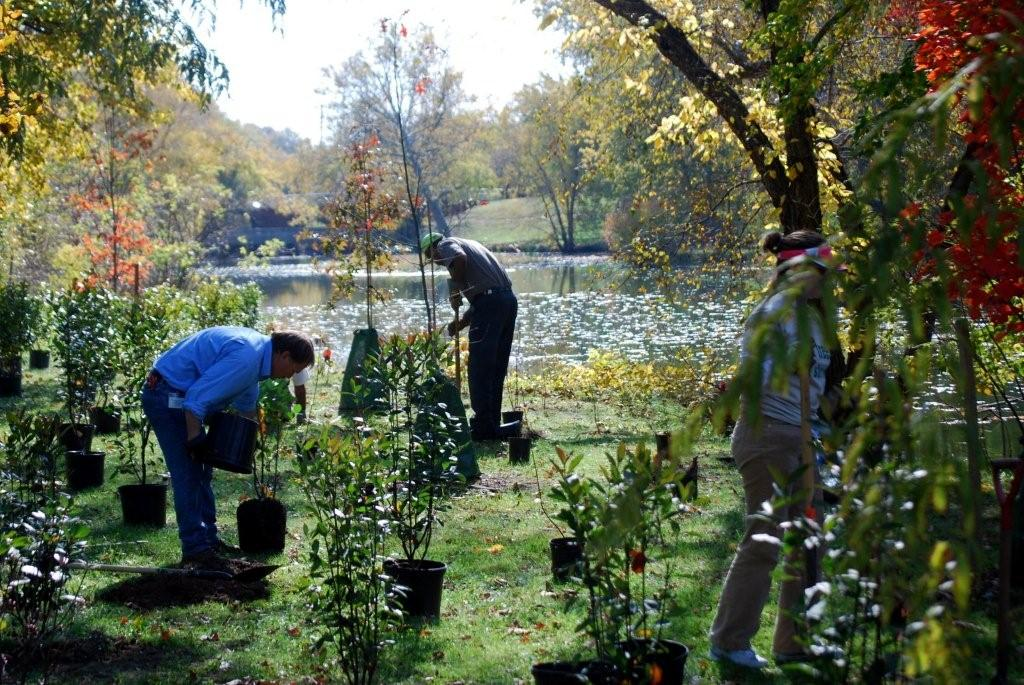
Facebook Twitter Instagram YouTube
Written on: December 19th, 2022 in Wetland Assessments
By Alison Rogerson, DNREC’s Wetland Monitoring and Assessment Program
In this sixth and final installment in my Wetland Status and Trends blog series, I’m wrapping it all up with management recommendations. We came, we mapped, we calculated, we reported, now what? What comes next for wetland management and conservation in Delaware based on this project? Our recommendations stem directly back to the most prevalent causes for the recent loss of wetland acreage and function.
We offer seven main strategies for tidal and nontidal wetlands but the list could go on. You will notice that tidal wetland recommendations focus on addressing mostly natural forces such as sea level rise, subsidence and erosion. They are more innovation and capacity related areas of development. The bigger picture there is climate and consumption related Suggestions for nontidal wetlands, on the other hand, focus on limiting human impacts, making up for human impacts and prioritizing wetlands over money-making land uses.

On the tidal wetland front we are looking for more nature-based shoreline stabilization tactics to combat coastal shoreline loss. Delaware and DNREC is actively working on improving living shoreline practices and access but funding, landowner trust/perception, and technical expertise is still lacking. Next, we call for a step up in planning ahead for land conservation as sea level rise pushes marsh migration inland. Healthy wetlands can adjust themselves on the landscape to rising waters but only if natural, unhardened land awaits them, so strategic land preservation is key. Third, the war on invasive plants needs more support and more publicity. The Delaware Invasive Species Council and Senator Stephanie Hansen are helping raise awareness and encourage natives, but more aggressive and effective control of Phragmites is needed statewide. Fourth, it is important, as we document coastal wetland losses, that we have better capacity to restore tidal wetlands. Beneficial use is a complex tactic with a lot of potential to facilitate the return of eroded sediments back onto tidal wetlands. Beneficial use has not been widely demonstrated in Delaware so the legal and technical logistics are still evolving and DNREC supports more research and education.
In terms of nontidal wetlands, the recommendations are not new. The answers to our problems are us. For forty years, the documented loss of headwater forested flats has continued. As the urbanization of Delaware continues, seasonally unobvious and unregulated wetlands fall to land use changes such as timber harvesting, conversion to agriculture, and development. Our recommendation is for a comprehensive state regulatory program that also includes wetlands omitted under federal definitions. That includes effective enforcement and adequate mitigation for unavoidable impacts. Second, we want the field of wetland restoration be able to replace the wetlands being impacted and be restored in such a way that replaces wetland function. In this arena, more technical expertise, financial incentive, and landowner interest are needed. Third and final, we ask for timber harvesting to avoid nontidal wetlands, and to avoid clear-cutting. This includes recommending practices that leave the site hydrology intact and replaces vegetation with native species.


Above all, wetland conservation would benefit from better awareness, appreciation and prioritization of Delaware’s valuable resources. It’s difficult to hold back growth and gain but the long-term value of healthy functioning wetlands outweighs short term profits. DNREC is involved in moving several of these recommendations forward and we will continue working to improve wetland conservation and management through science and education, but we need help from many others.